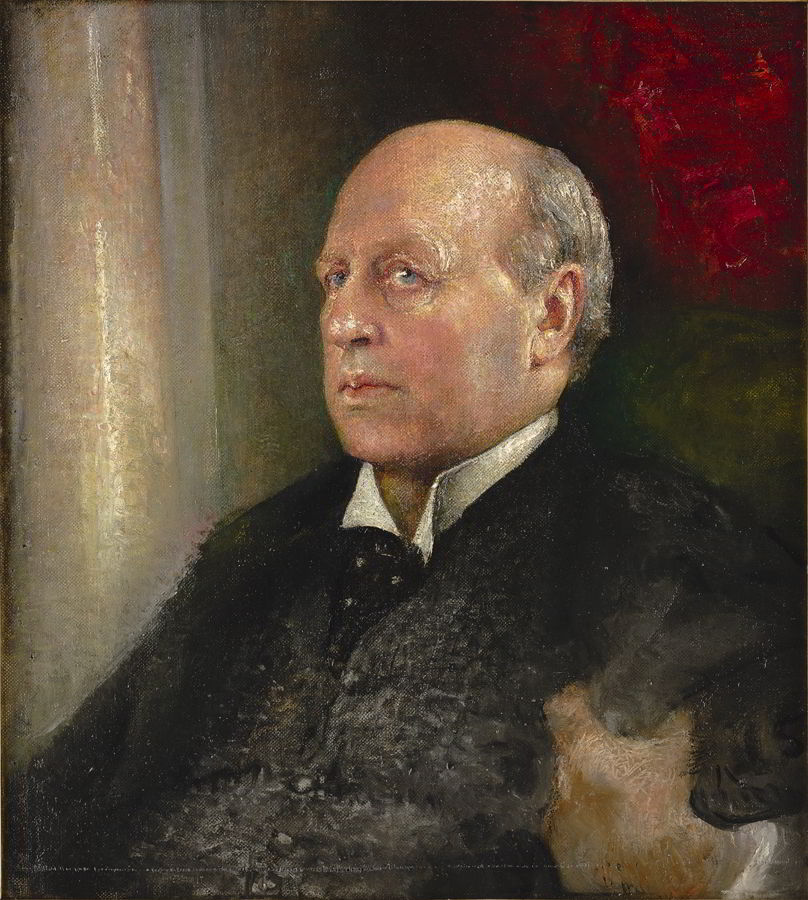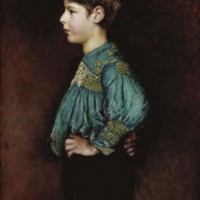| Painting Name | Portrait of Henry James |
| Painter Name | Annie Swynnerton |
| Size | 57 x 51 cm (22.44" x 20.08") |
| Technique | Oil |
| Material | Canvas |
| Current Location | Private collection |
 Swynnerton’s righteousness in fighting for freedom of speech and expression never gets better than it does in the painting of a quietly confident Henry James. He lived during her times, but he was also an elderly person for her times. He died in 1915, when Swynnerton had already gained recognition as a British political activist, painter and intellectual. Until then, James had left a legacy that was unparalleled by any contemporary visionary, thinker or philosopher.
Swynnerton’s righteousness in fighting for freedom of speech and expression never gets better than it does in the painting of a quietly confident Henry James. He lived during her times, but he was also an elderly person for her times. He died in 1915, when Swynnerton had already gained recognition as a British political activist, painter and intellectual. Until then, James had left a legacy that was unparalleled by any contemporary visionary, thinker or philosopher.
Henry James was one of the most forward-thinking visionaries of the 19th Century. His fight for independent expression resounded with feminists and suffragettes of the time. It is no surprise that Swynnerton would take time out to paint a rather confident-looking portrait of Henry James. Although James looks rather worried and pensive in most pictures we have seen of him, on the inner self, James was definitely the person worthy of female admiration – something we can see quite evidently in this painting.
Reclusive as he was, probably owing to his secret homosexual life, James had been one of the most prominent people who frequently exchanged letters with the leading minds in British and American universities. One could say that his interest in the realms of fiction and psychological distortion stemmed from his family. While his father was a clergyman, his brother practiced psychology and was a prominent philosopher as well. However, Henry’s quest for realism, criticism, social values and feminism comes through in his writings, which flourished primarily between the 1870s and early 1900s.
Mind it this was the time when Swynnerton was growing up as a British citizen, and James had already accomplished himself as a prominent American writer. It is only obvious that Swynnerton would go to great lengths to make James the hero he could have been for her in personal life.
On his part, probably this air of confidence was absent when he was busy meeting disagreeing people and convincing them that the world required a certain tonality of change – perhaps best sung out in the words of The Bostonians – set amidst feminist struggles of the late 19th Century.



